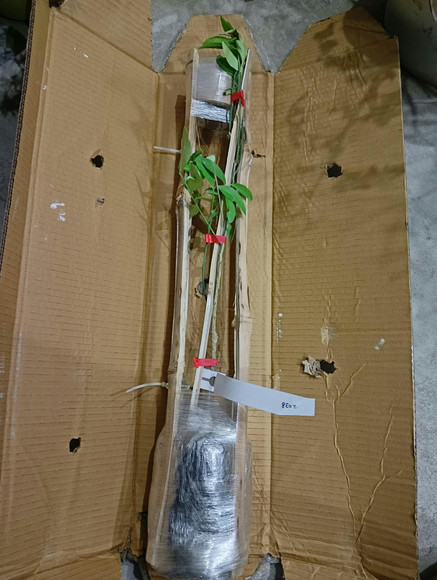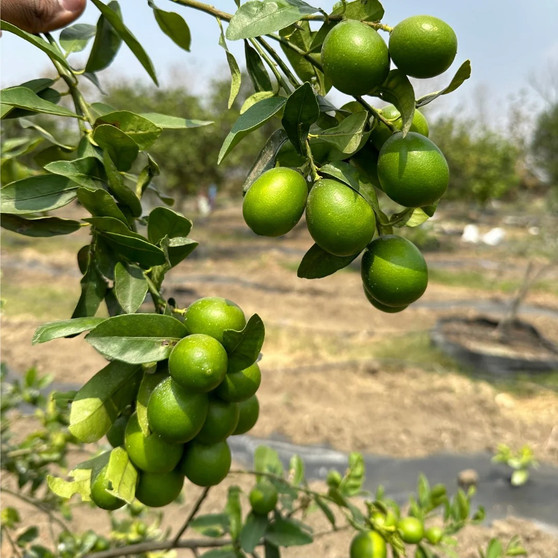Lemon farming plays a big role in India’s fruit industry, helping many small and large farmers earn a living. But growing lemons the old way, using seeds or cuttings, often causes problems. The plants don’t all grow the same; some get sick easily, and the fruits may not be delicious.
As more people want better-quality lemons, especially for export, farmers are now looking for new and better ways to grow them. One smart solution is called tissue culture. This method can help farmers grow more lemons, with better quality, and fewer problems. It could change how lemon farming is done all over India.
Tissue culture lemon plants are grown in a clean lab using a small part of a healthy lemon tree. These young plants are all the same, free from diseases, and ready to be planted in large numbers. Unlike traditional lemon plants, tissue culture plants grow faster, start giving fruits earlier, and give a steady amount of lemons. One big advantage is that these plants fight off soil-related diseases better, so farmers don’t need to use as many chemicals. This is not only cheaper but also better for the environment.

States like Maharashtra, Gujarat, and Andhra Pradesh have already started using this modern method to grow more lemons. A special type called Kumbhkat lime is becoming popular because it grows well in different types of soil and weather. These plants are strong, give better quality fruits, and last longer, important for both Indian markets and exports. Compared to normal grafted plants, they grow more evenly, get fewer diseases, and are more reliable for big farms. Kumbhkat lime plant are also good for health, helping with digestion and boosting immunity.
As more farmers learn about tissue culture and as the technology becomes easier to obtain, this method could completely change how lemons are grown in India, giving farmers a safer and more profitable way to farm.

